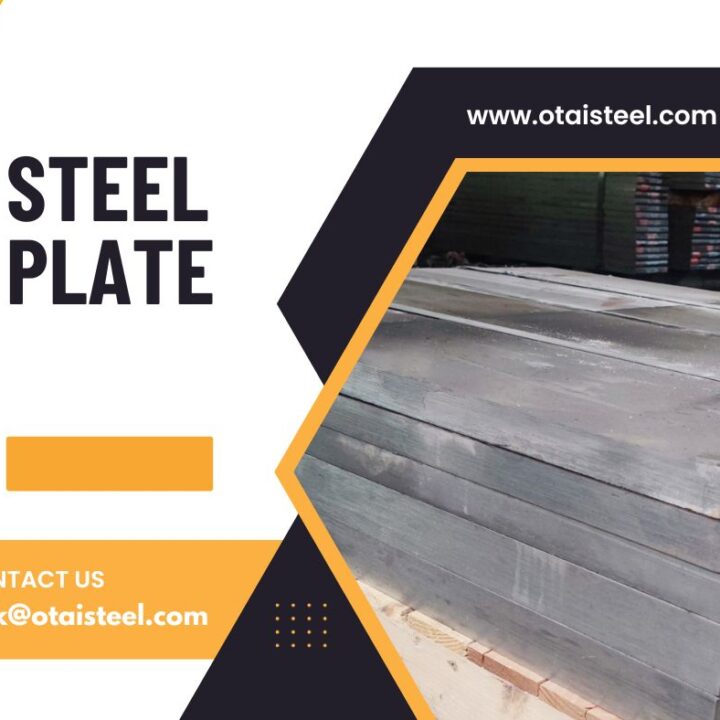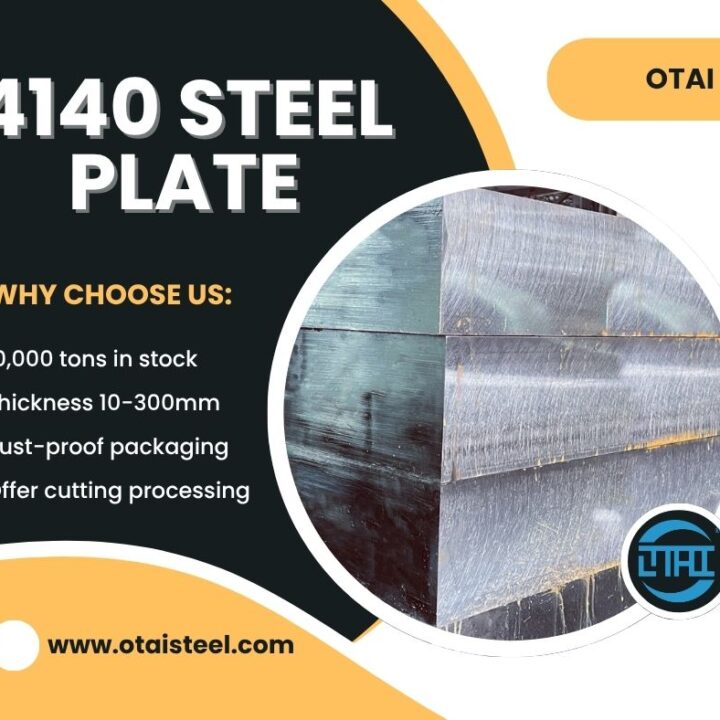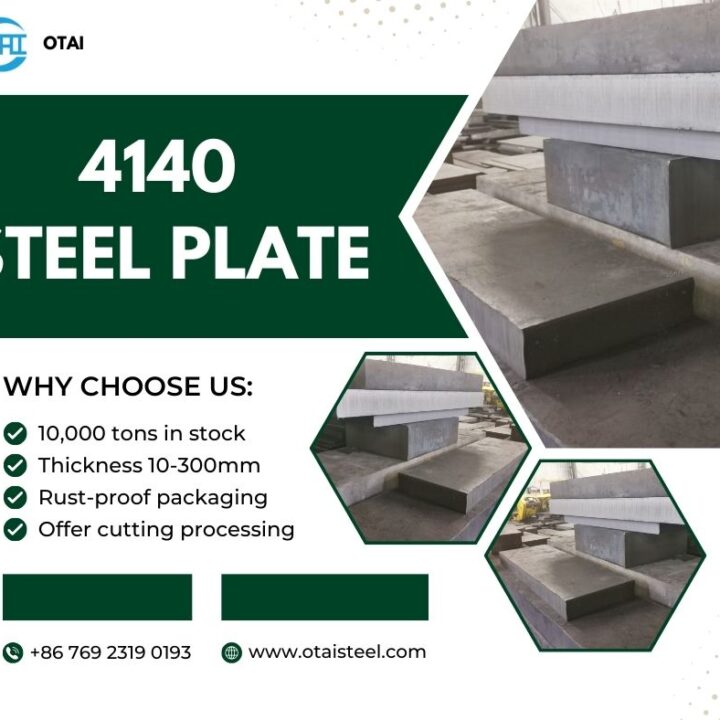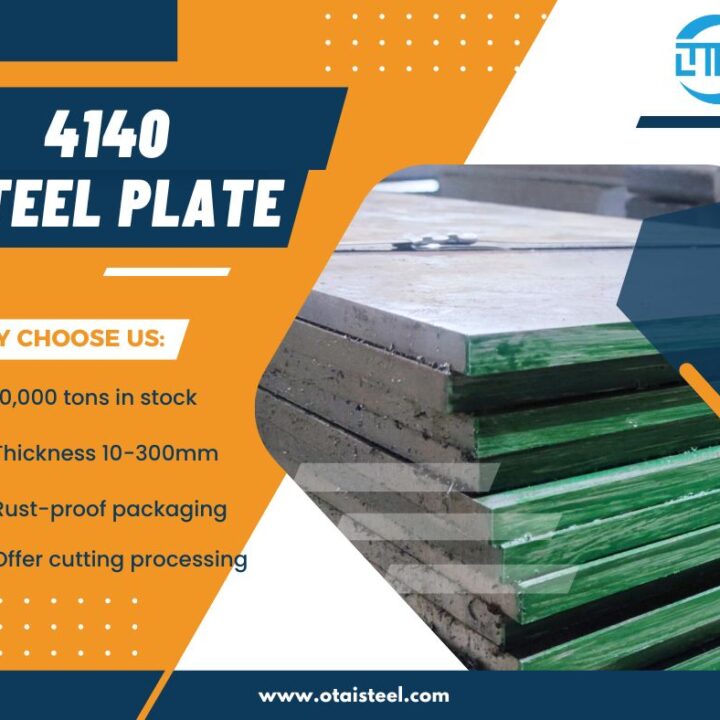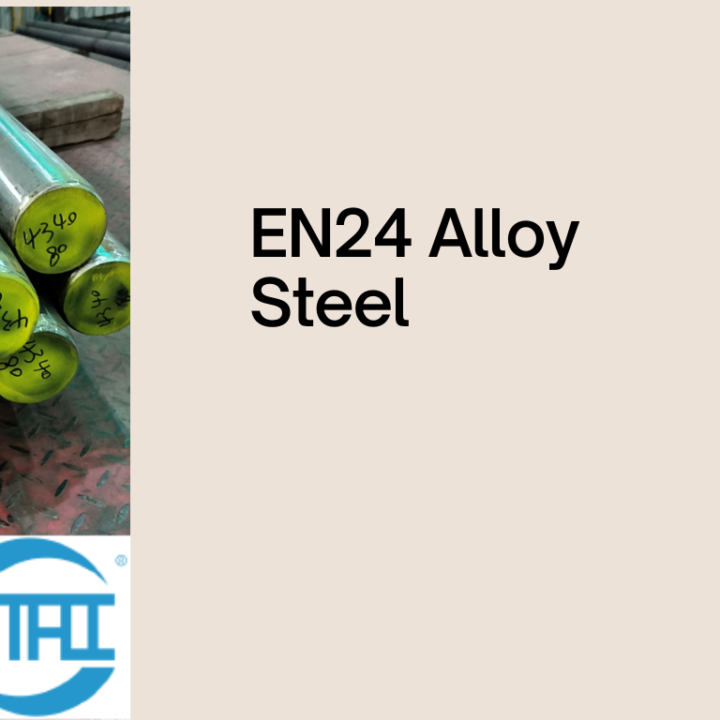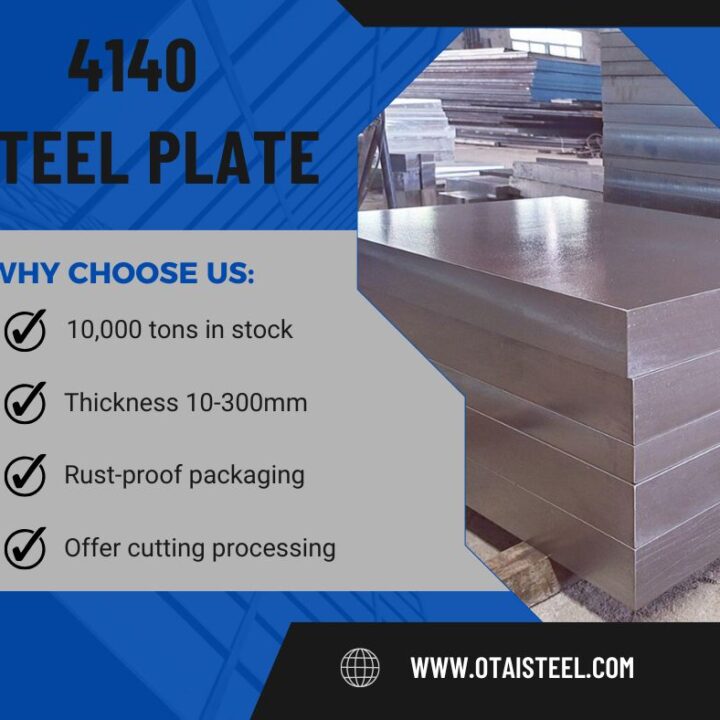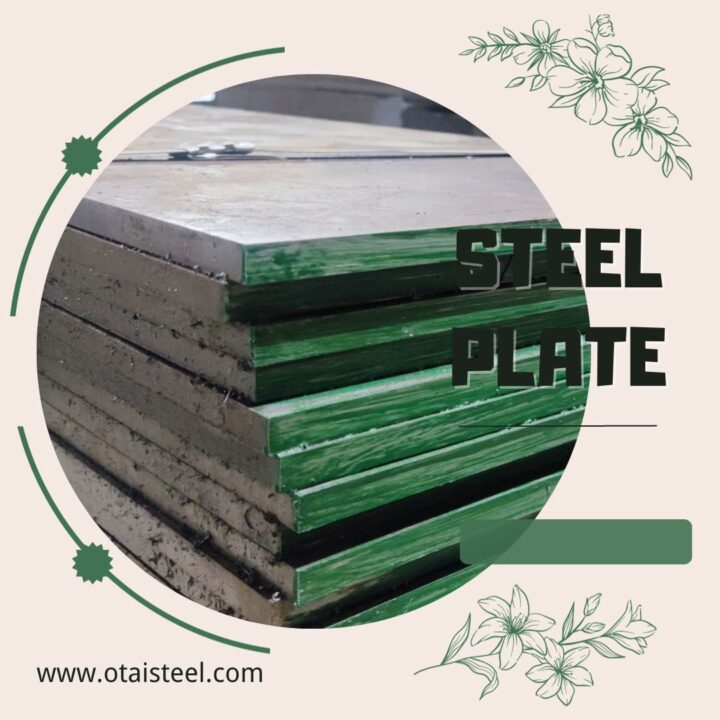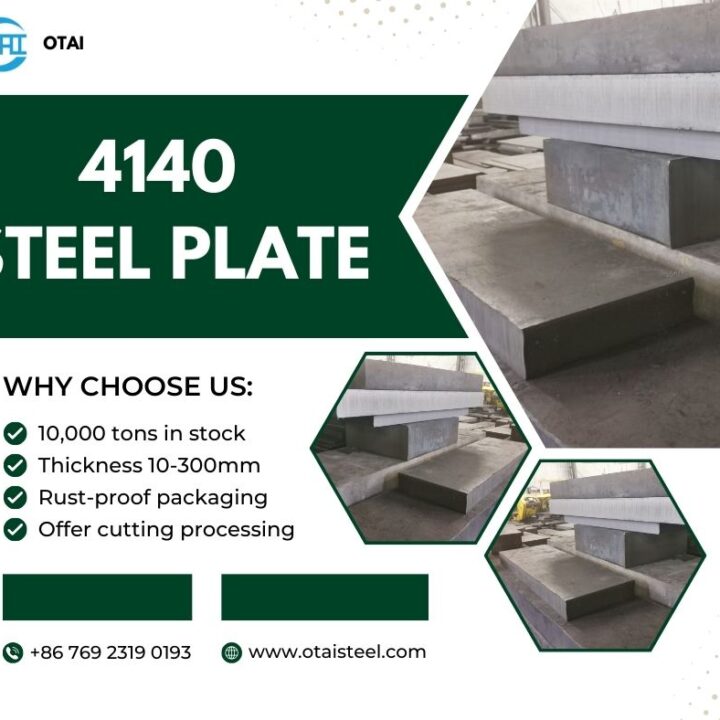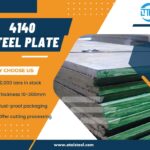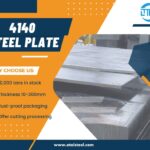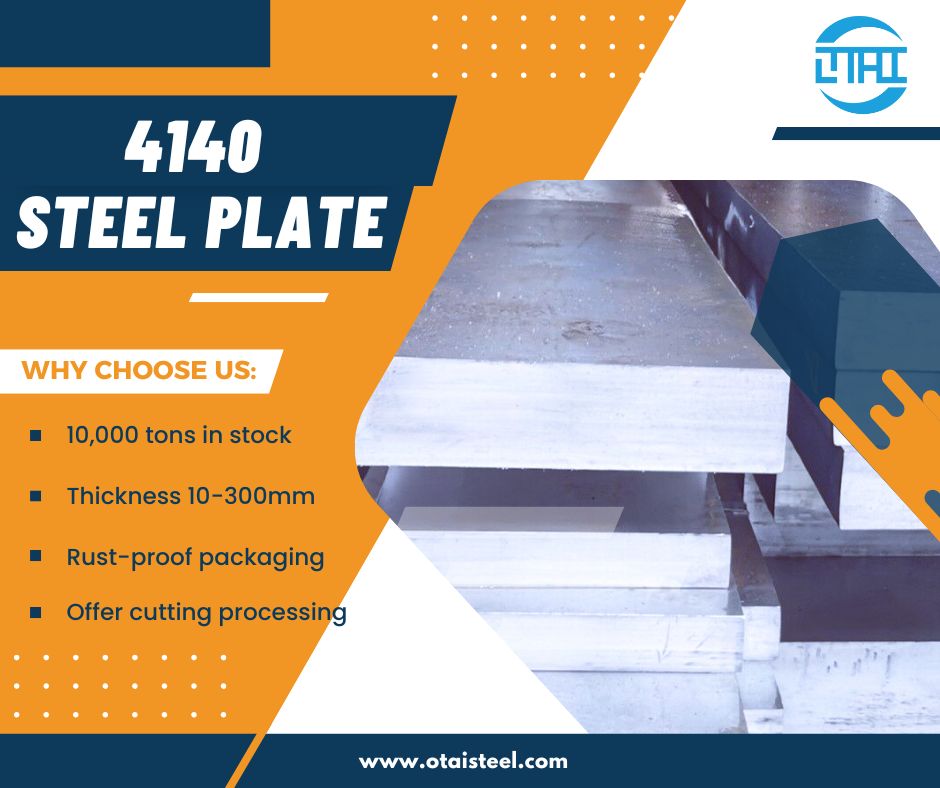 Forged 4140 Steel Properties: What Makes It So Reliable?
Forged 4140 Steel Properties: What Makes It So Reliable?
If you’re dealing with high-performance parts or demanding industrial applications, chances are you’ve heard about forged 4140 steel. But what exactly are the mechanical properties of forged 4140 steel that make it a top choice? And how does it compare to other steel forms?
Let’s dive deep into the world of forged 4140 steel and uncover its chemistry, strength, toughness, and why it’s trusted worldwide. 🌍
🔥 What Is Forged 4140 Steel?
4140 steel is a chromium-molybdenum alloy steel known for its excellent balance of strength, toughness, and wear resistance. When forged, this steel undergoes a controlled shaping process involving heat and pressure, which refines its grain structure and enhances key properties.
Compared to cast or machined 4140 steel, forging improves the internal consistency and mechanical behavior, making it ideal for parts that face extreme loads and fatigue cycles.
🧪 Chemical Composition of Forged 4140 Steel
Understanding the chemical composition of forged 4140 steel helps explain its outstanding characteristics. The typical composition includes:
| Element | Percentage Range (%) |
|---|---|
| Carbon (C) | 0.38 – 0.43 |
| Chromium (Cr) | 0.80 – 1.10 |
| Molybdenum (Mo) | 0.15 – 0.25 |
| Manganese (Mn) | 0.75 – 1.00 |
| Silicon (Si) | 0.15 – 0.35 |
| Phosphorus (P) | ≤ 0.035 |
| Sulfur (S) | ≤ 0.04 |
This alloying mix provides forged 4140 steel with excellent hardenability and resistance to wear and fatigue.
💪 Mechanical Properties of Forged 4140 Steel
Let’s get to the heart of it — the mechanical properties of forged 4140 steel that engineers rely on every day.
| Property | Typical Value |
|---|---|
| Tensile Strength | 90,000 – 110,000 psi (620 – 760 MPa) |
| Yield Strength | 60,000 – 85,000 psi (415 – 590 MPa) |
| Elongation (%) | 20 – 25 |
| Hardness (HRC) | 28 – 32 (after heat treatment) |
| Impact Toughness | High, excellent toughness especially after tempering |
| Fatigue Resistance | Superior due to refined grain structure |
Because of the forging process, the grain flow follows the part shape, reducing internal defects and increasing resistance to cracking and fatigue — a big plus for components under cyclic stress.
🔥 Heat Treatment for Forged 4140 Steel
To maximize forged 4140 steel tensile strength and toughness, heat treatment is key. The common processes include:
-
Annealing: Softens steel for easier machining.
-
Quenching and Tempering (Q&T): Provides a balance of hardness and toughness. Typical tempering temperatures range from 400°C to 650°C.
-
Nitriding: Surface hardening method that increases wear resistance without affecting core toughness.
Proper heat treatment helps achieve consistent hardness (28-32 HRC) and forged 4140 steel fatigue resistance, making parts last longer in service.
⚔️ Forged 4140 Steel vs Cast 4140 Steel: What’s the Difference?
When comparing forged 4140 steel vs cast 4140 steel, forging generally wins in:
-
Strength: Forged parts have better mechanical strength.
-
Toughness: Forging refines the grain structure, improving impact toughness.
-
Fatigue life: Forged components resist cracking and failure better under cyclic loads.
-
Reliability: Lower porosity and internal defects.
Casting can be more economical for complex shapes but often compromises the structural integrity, especially for high-stress applications.
🌍 Applications of Forged 4140 Steel
Thanks to its combination of strength, toughness, and fatigue resistance, forged 4140 steel is widely used in:
-
Automotive: crankshafts, gears, axles
-
Aerospace: landing gear components, structural parts
-
Oil & Gas: drill collars, valves
-
Heavy Machinery: pins, couplings, shafts
-
Defense: firearm parts, armored vehicle components
Its versatility across industries stems from its ability to perform reliably under harsh conditions.
🎯 Advantages of Forged 4140 Steel
-
Superior Strength and Toughness: Thanks to forging and proper heat treatment.
-
Excellent Fatigue Resistance: Ideal for cyclic loading conditions.
-
Improved Grain Structure: Provides consistent mechanical properties throughout the part.
-
Better Machinability: When annealed or normalized before machining.
-
Customizable Heat Treatment: For tailored hardness and wear resistance.
-
Cost-Effective: More durable parts reduce downtime and replacement costs.
🏭 Why Otai Steel Is Your Go-To for Forged 4140 Steel
At Otai Special Steel, we understand the critical role forged 4140 steel plays in your manufacturing or repair process. That’s why we offer:
- Massive inventory: over 10,000 tons of 4140 steel available
- Precision cutting and customized dimensions (6mm–300mm thickness)
- Heat treatment options: annealed, Q&T, nitrided
- Full chemical and mechanical testing for guaranteed quality
- Support with technical consultation on forging and heat treatment
- Global shipping and trusted by major clients like Thyssenkrupp, Borealis, and Schlumberger
📧 jack@otaisteel.com
📱 WhatsApp: +8676923190193
❓ FAQs About Forged 4140 Steel Properties
Q1: What makes forged 4140 steel stronger than other forms?
A: The forging process refines grain structure and reduces defects, improving strength and toughness.
Q2: Can forged 4140 steel be heat treated multiple times?
A: Yes, but careful control of heat cycles is necessary to maintain optimal properties.
Q3: Is forged 4140 steel good for high fatigue applications?
A: Absolutely. Its fatigue resistance is one of its key advantages.
Q4: How does forging affect machinability?
A: Forged 4140 steel is easier to machine when annealed or normalized.
Q5: What industries commonly use forged 4140 steel?
A: Automotive, aerospace, oil & gas, heavy machinery, and defense sectors.
